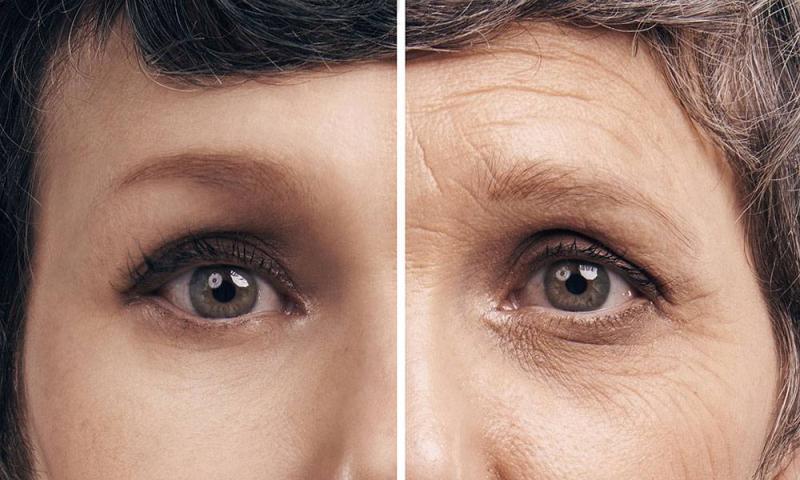
Comparison of eleven tests shows they don’t agree on aging
DURHAM, N.C. -- Whether it’s an on-line quiz, a $300 chromosome test or an $800 blood panel, a lot of people seem to be interested in whether they’re aging faster or slower than their chronological age would suggest.
Unfortunately, they’re just going to have to wait and see.
A head-to-head comparison of 11 different measures of aging, including blood and chromosome tests like those being sold commercially, has found that they don’t agree with one another on how fast a given person is growing older.
This comparison is based on a life-long study of nearly 1,000 people in Dunedin, New Zealand who have been studied extensively from birth to age 38.
Researchers working with this study cohort had earlier reported that a panel of 18 biological measures might be used to predict the pace of aging, based on how these markers had changed from age 26 to 38 in a given individual.
But when they expanded their analysis to look at whether these measures and others all pointed in the same direction at age 38, the picture was much less clear. The findings appear Nov. 15 in the American Journal of Epidemiology.
“People age at different rates and geriatric medicine needs a way to measure that,” said lead author Daniel Belsky, an assistant professor of population health sciences at Duke University who studies aging. But when measuring all sorts of different aspects of a person’s physiology, from genes to blood markers to balance and grip strength, “you see a lot of disagreement.”
“Based on these results, I’d say it’s premature to market aging tests to the public,” Belsky said.